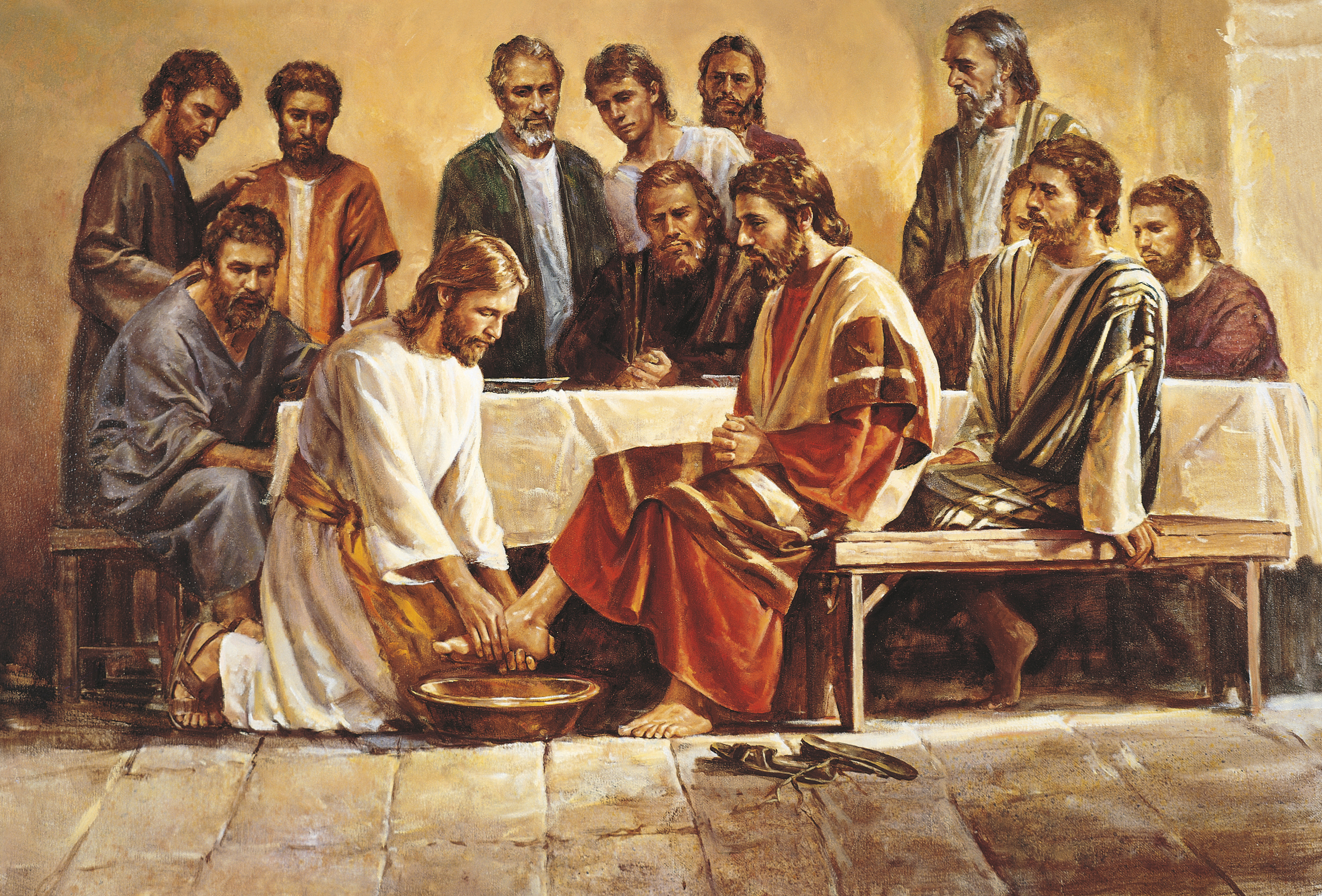St Peter was an imperfect man, bestowed with a holy mission to be a shepherd of God’s people. How can educators be shepherds to those under their charge?
In Jewish oral tradition, as Jesus noted in the gospel of Matthew (23:2-3), the Chair of Moses is the symbol of the authority which the scribes and Pharisees have by virtue of their office. The Catholic Church, which Jesus built on the Rock that was Peter (Mt 16:18), the ‘Chair of Peter’ represents the supreme authority vested in the Pope by God, through the line of visible apostolic succession that traces all the way back to Peter. Therefore, when a pope teaches “ex cathedra” or “from the chair”, his pronouncements on matters of faith and morals are infallible, since they are given with the authority of God and the assistance of the Holy Spirit (cf Jn 14:16). The word ‘cathedral’ refers to the church of the bishop’s seat.
The office of St Peter is the highest position in the Church. St Peter was tasked to spearhead the first steps of Christian evangelisation, during a tumultuous period of anti-Christian sentiments in Rome. Yet, like most of us, he was far from perfect, and had fallen short of God’s grace at several points in his life. We can take comfort in lessons we can learn from St Peter’s journey as head of God’s people.
St Peter’s journey
St Peter, originally named Simon, was a fisherman who lived in Bethsaida with his brother Andrew. Shortly after Christ began His ministry, He came to Lake Gennesaret, where Simon and other fishermen were fishing. Jesus told him to put out his net. Despite not having caught any fish the night before, Simon obeyed. His obedience to Christ earned him not just the largest catch of fish he ever had, but an invitation from the Lord to be a “fisher of men” (Lk 5: 1-11). Peter left everything to follow Him.
During the course of Jesus’ ministry, Simon was the first Apostle to recognise Jesus as the Messiah, the Son of the Living God (Matt 16: 16-19). Christ gave Simon the name Peter, declaring him as the rock of His Church, and the holder of the keys of the kingdom of heaven.
Peter became chief spokesman amongst the Apostles, representing the cause of the Christian faith when speaking to authorities. For 30 years, he led the efforts in spreading the message of Christ and establishing the Christian Church, until he was martyred by Roman authorities.
Lesson for educators
Like St Peter and his successors after him, educators are called to be shepherds to God’s children – specifically students. The mission of educators is primarily to tutor the young people under their charge in academic knowledge. Equally important is the formation of students as mature and responsible people.
As mentors and figures of authority whom students come into contact with every day, teachers are in a position to guide students in their maturation process. Apart from teaching course material, teachers are called to mentor students in a way which encourages the formation of upright character and values in them.
Being at a highly malleable phase of their personal formation, it is through education where students will learn what it means to be good people, and the importance of contributing to their communities. Just as Christ beckoned St Peter to shepherd His people, teachers are shepherds to students, caring for their spiritual and emotional growth.
Principals are also shepherds in the education mission. They are shepherds not just to students, but to teachers and school staff under their care. In their work to impart knowledge and right values to students, teachers can come under immense physical and intellectual strain. They also need shepherds to guide them – their peers, heads of department and fellow principals. Being the head of the school, principals need to recognise the difficulties that each person is going through and be able to empathise with them, in order to help every member fulfill their role in the mission.
Growing from mistakes
Throughout his life and mission, St Peter had moments of weaknesses. He had been reprimanded by Jesus for prioritising his will over God’s (Matt 16: 21-22) and for falling asleep while keeping watch (Mt 26: 40-41). Most significantly, he denounced Christ after His arrest, for fear of his own life (Mt 26: 69-75).
Like St Peter, we may face moments of temptations and make mistakes. But when educators support each other, it makes learning from mistakes much easier and more efficient. Teachers should share their knowledge and experiences with their colleagues, and allow everyone to learn from each other.
A school can only function at its best when it becomes a community where everyone is supporting each other, just like the Church. No one is perfect within a group, but when educators work together to guide students towards values of truth and justice, the work of God can be done more easily.


